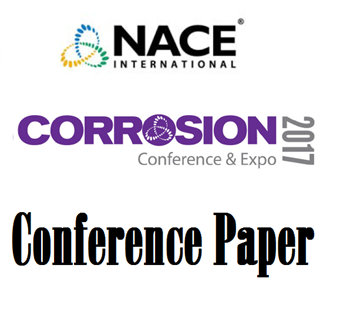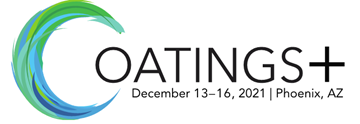Search
Activated Zinc Technology; Making Zinc-Rich Epoxies Work Better for the Applicator and the Owner
Also Purchased
Challenging the Performance Myth of Inorganic Zinc Rich vs Organic Zinc Rich Primers
Product Number:
51317--9127-SG
ISBN:
9127 2017 CP
Publication Date:
2017
$20.00
(Coating Formulation) Can Low Zinc Epoxy Primers Work as Well as Traditional Zinc Rich Epoxy Primers
Product Number:
47-COAT_DEC21
Publication Date:
2021
$20.00
Challenging the Organic “Zinc Rich” Primer Standard
Product Number:
51220-301-SG
Publication Date:
2020
$20.00




